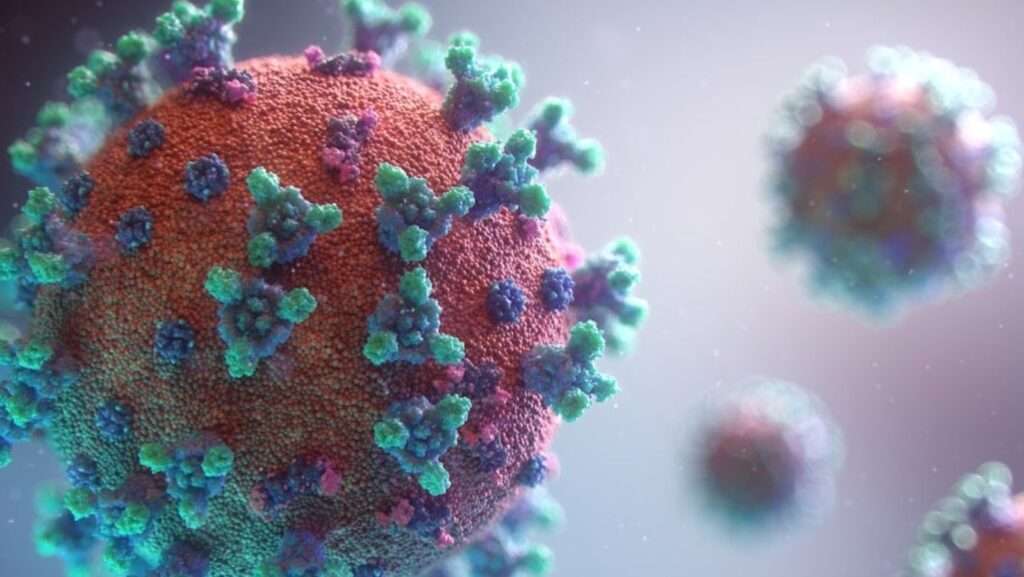Introduction
India is witnessing a renewed spike in COVID-19 cases, with major cities like Mumbai, Pune, and Chennai reporting a significant rise in infections. Health authorities are closely monitoring the situation amid concerns over new sub-variants and waning immunity. This resurgence has prompted calls for increased vigilance, booster vaccinations, and adherence to safety protocols to prevent another large-scale outbreak.
Current COVID-19 Situation in Key Cities
Mumbai Sees Steady Increase
Mumbai, India’s financial capital, has reported a 15% week-on-week rise in COVID-19 cases. The Brihanmumbai Municipal Corporation (BMC) has intensified testing and surveillance, particularly in crowded areas and public transport hubs. Officials attribute the surge to the JN.1 sub-variant, which has shown increased transmissibility. Hospitals have been advised to prepare for a potential uptick in admissions, though severe cases remain low.
Pune Records Highest Daily Cases in Months
Pune, a major educational and IT hub, has logged over 200 new cases in the past week, the highest in months. Health experts warn that laxity in mask usage and large public gatherings could be contributing factors. The district administration is considering reimposing mask mandates in enclosed spaces if cases continue to rise.
Chennai Reports Clusters in Urban Areas
Tamil Nadu’s capital, Chennai, has detected multiple COVID-19 clusters in densely populated neighborhoods. The state health department is conducting door-to-door testing and urging high-risk individuals, including the elderly and immunocompromised, to get booster doses. The JN.1 and KP.2 sub-variants are reportedly dominant in the region.
Health Ministry’s Response and Public Advisory
The Union Health Ministry has issued guidelines for states to enhance genome sequencing and ramp up testing. Key measures include:
- Increased RT-PCR testing in high-case districts
- Promoting booster doses, especially for vulnerable groups
- Public awareness campaigns on masking and hygiene
- Monitoring hospitalization rates to assess severity
Experts emphasize that while the new variants are more infectious, vaccination continues to provide strong protection against severe illness.
What’s Driving the Surge?
- New Sub-Variants (JN.1, KP.2): These Omicron descendants are highly transmissible but not necessarily more severe.
- Waning Immunity: Many Indians received their last vaccine dose over a year ago, reducing antibody levels.
- Reduced Precautions: Fewer people are wearing masks or avoiding crowded spaces.
- Seasonal Factors: Weather changes and indoor gatherings may facilitate spread.
Conclusion: Should India Be Worried?
While the rise in cases is concerning, health officials stress that there is no need for panic yet. Hospitalizations remain low, and most cases are mild. However, the situation underscores the importance of:
- Booster vaccinations for eligible groups
- Responsible behavior (masking in crowded places, testing if symptomatic)
- Avoiding misinformation and relying on official health updates
States are advised to remain prepared with emergency beds, oxygen supplies, and antiviral stocks in case of a sharper surge. For now, the focus is on preventive measures rather than restrictions.



